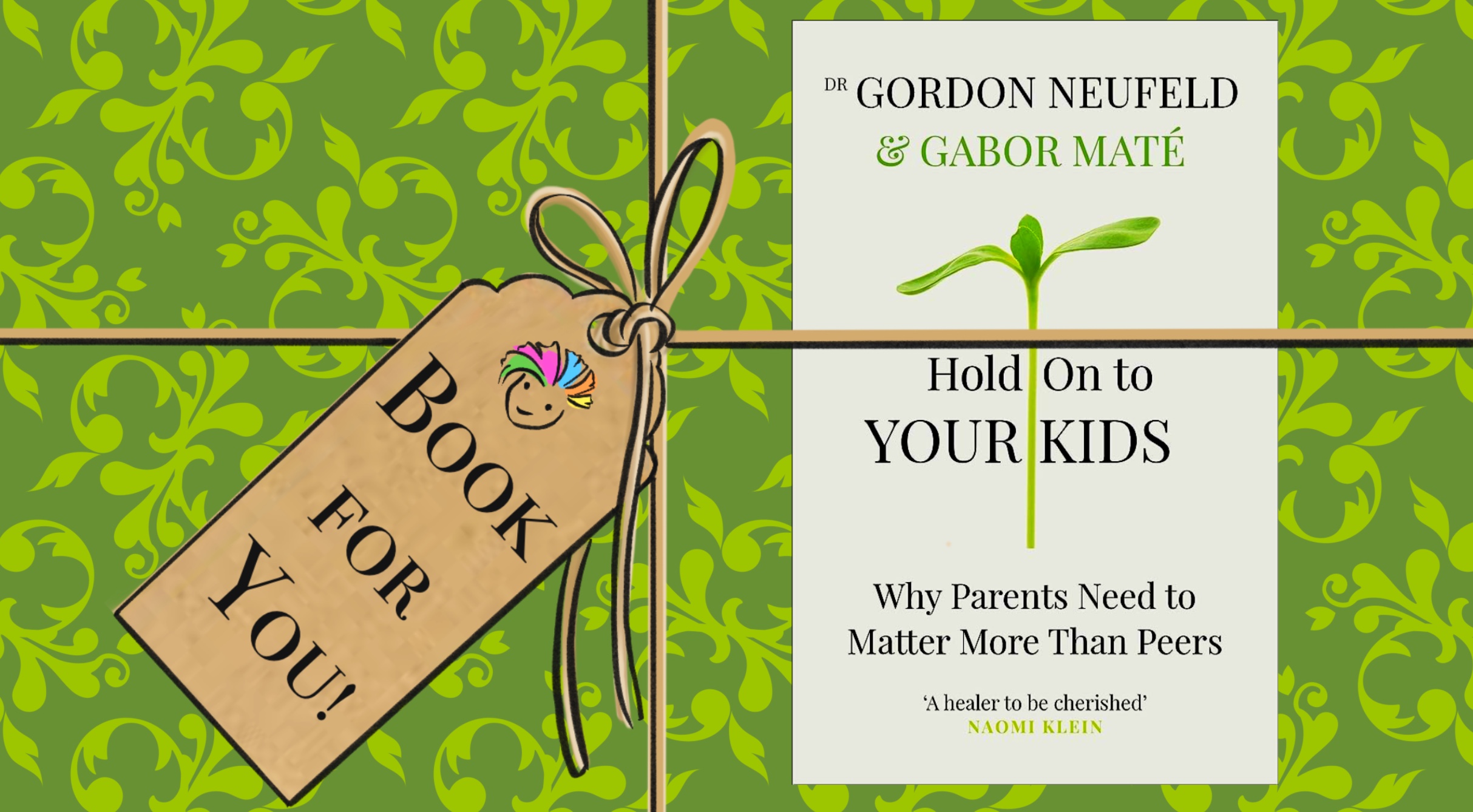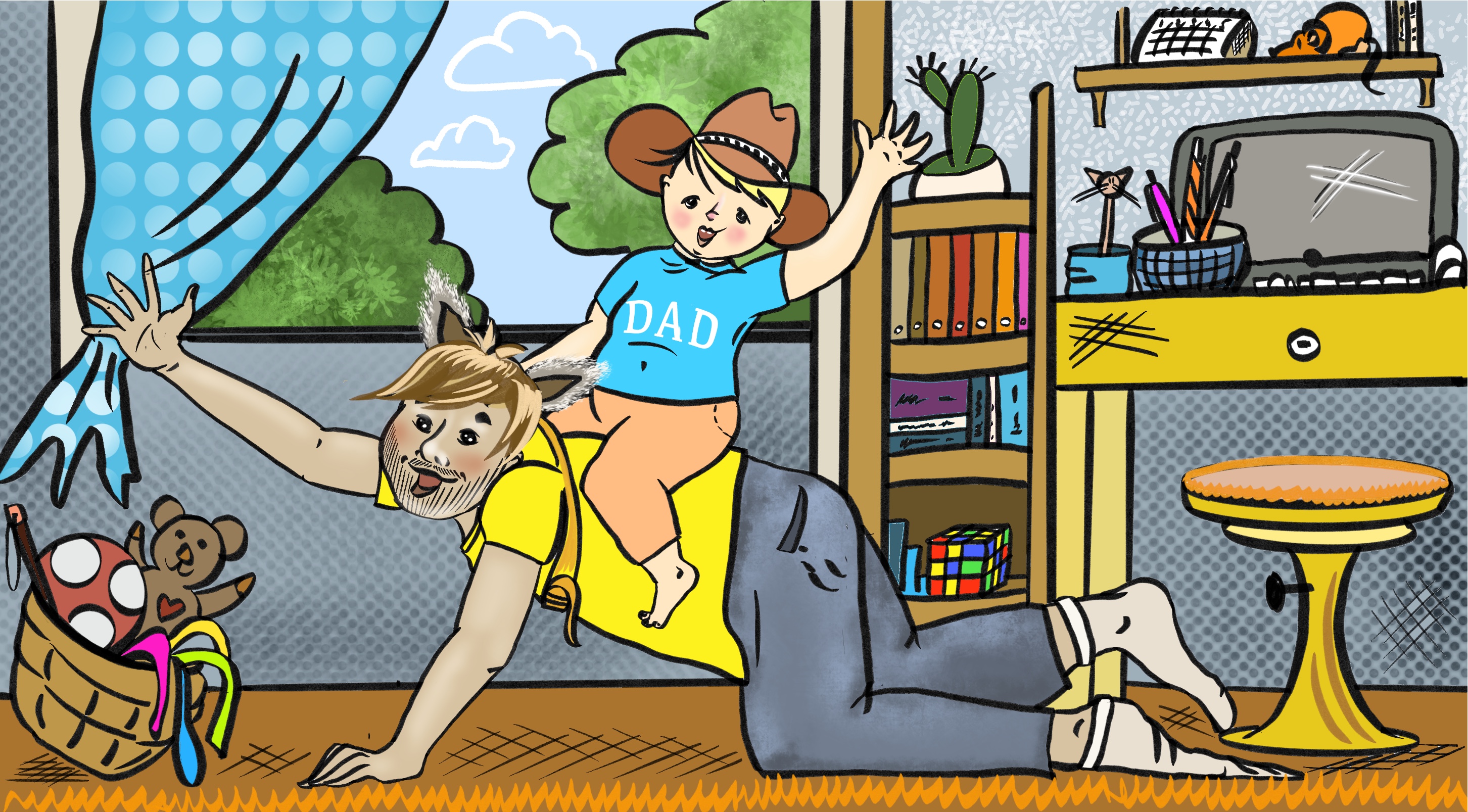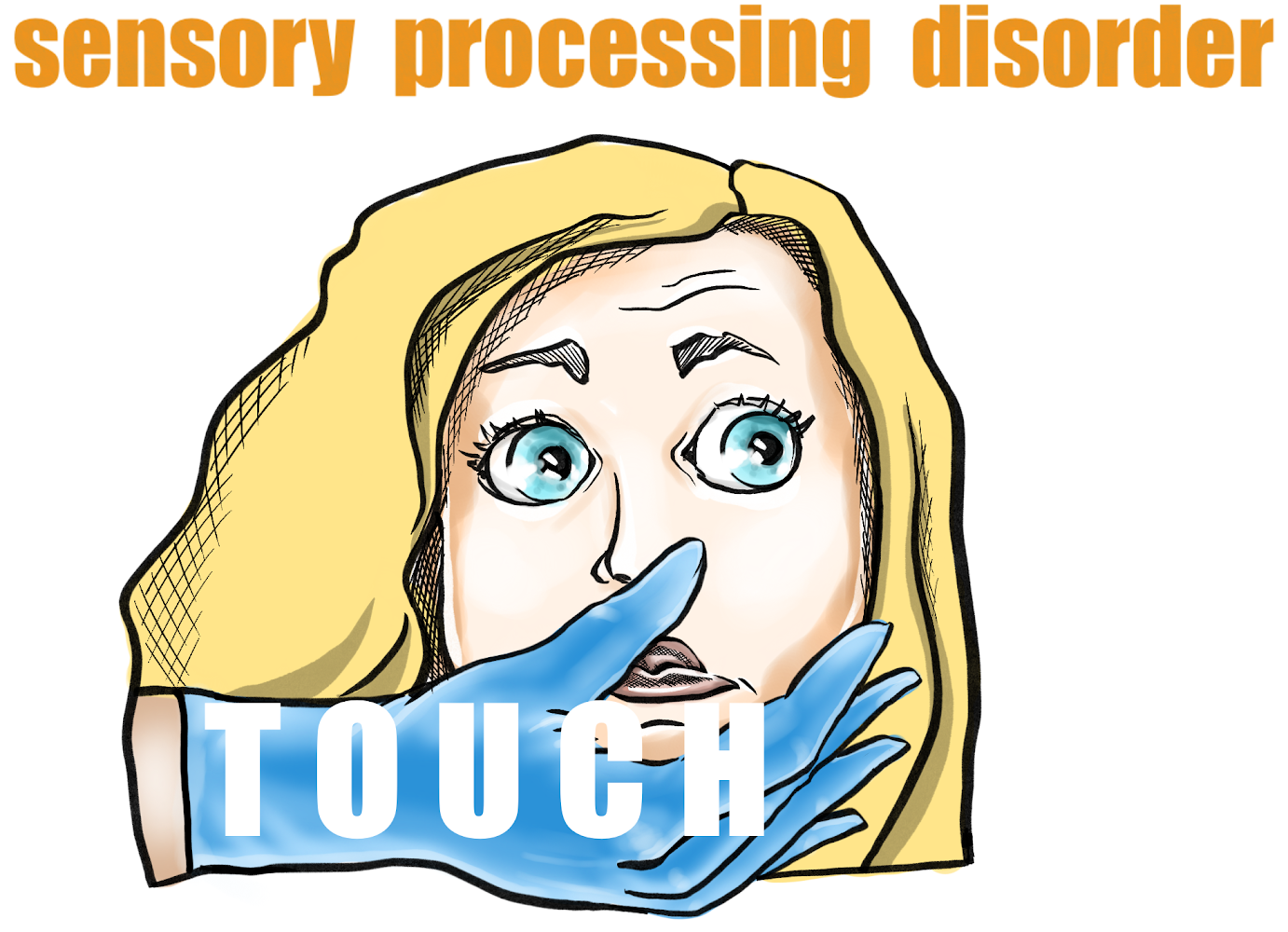Unlock the secrets to winning back your kids’ hearts and reigniting your family’s bond in a world dominated by screens and peer pressure.
In a world where parenting can often feel like a constant battle for control, Gabor Maté and Gordon Neufeld’s insightful book, ‘Hold On To Your Kids: Why Parents Need To Matter More Than Peers,’ offers a refreshing perspective on how to win back your children’s trust and strengthen your family bonds. This book, translated into 15 languages, addresses common parental concerns, such as screen time addiction and teenage estrangements, by focusing on the core issue – the parent-child relationship.
Maté and Neufeld argue that many challenging behaviors are not behavioral problems but rather relationship problems stemming from what they call ‘peer orientation.’ It’s the increasing attachment to peers over caregivers that can lead to a sense of loss for parents. The solution? Reclaim your child’s heart and rebuild your connection.
Maté’s personal journey of reclaiming his daughter’s affections when she was 15 serves as a powerful example. By consistently spending time together, even when met with resistance, he created a sacred space for their relationship to grow. This book candidly discusses the mistakes Maté made and how they informed his approach to reconnecting with his child.
The key to reconnecting with your children, according to Maté, is to trust your intuition and disregard parenting books that treat parenting as an acquired expertise. Maté and Neufeld aim to validate parental instincts in a culture that often undermines them. They advocate for speaking kindly to your children, treating them with love, offering hugs, minimizing screen time distractions, and spending quality time together. It’s about recognizing that you are in a relationship with your child.
As children grow, their needs evolve, and parents must adapt to these changes. Maté emphasizes the importance of evaluating how your life’s architecture supports your intentions as a parent. Even small changes, like finding moments for quick catch-ups or dedicating weekends to quality time, can make a significant difference.
When met with rejection or resistance, patience is crucial. Building a strong relationship doesn’t mean controlling every aspect of your child’s life. It’s about providing guidance and boundaries while allowing them some autonomy within reason.
Maté acknowledges that it’s challenging to find the right balance between control and autonomy, but he emphasizes that a strong relationship gives parents the authority to set limits on unhealthy attachments. Flexibility is key; slight oversights can be seen as opportunities for growth.








